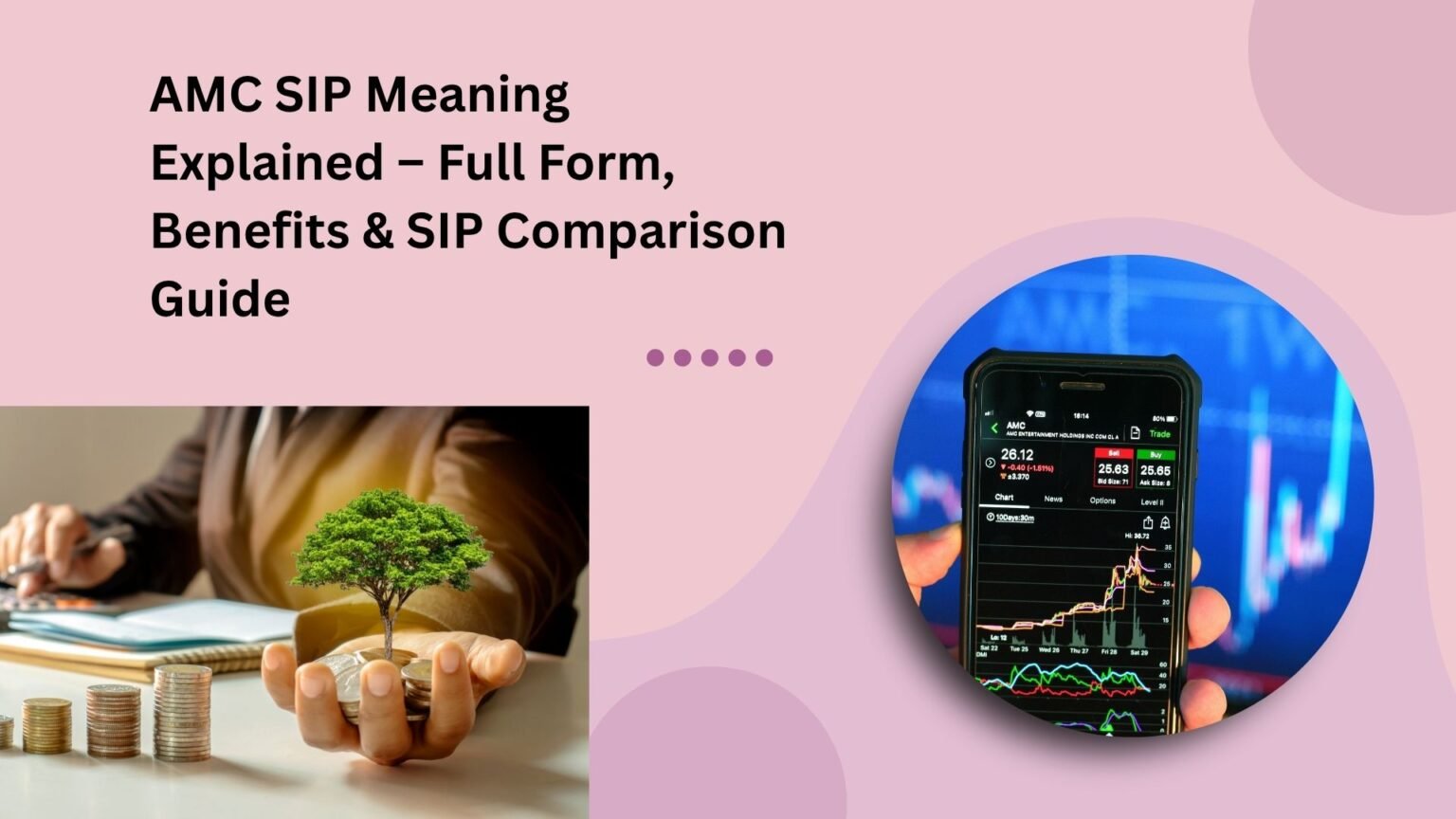Table of Contents
Your Money, Your Choices
The Shocking Truth About Financial Behavior
Regardless of income level, more than 60% of Americans live paycheck to paycheck. This isn’t just about not making enough money; it’s also about mindset, financial literacy, and spending patterns. Your ability to manage your money is just as important to your financial future as your income.
Your actions have a direct impact on your personal finances. The key to smart money management is making informed decisions about budgeting, saving, and investing. You must manage your habits in addition to your income if you wish to achieve financial independence.
Why We Spend Without Thinking
Rather than using reason, many of us base our financial decisions on feelings. Poor financial habits can result from the excitement of an impulsive purchase, the ease of retail therapy, or the pressure to keep up with friends.
- Impulse Buying: The thrill of making an impulsive purchase quickly wanes, but the financial impact is still there.
- Retail Therapy: Are you under stress? While shopping may provide a short-term boost, it won’t address long-term financial issues.
- Social Pressure & Comparison: Observing social media influencers display opulent lifestyles can lead to the creation of fictitious demands. Is a designer handbag or the newest iPhone really necessary?
Take Charge: A Single Easy Step
The Effectiveness of Budgeting and Planning: Your Success Formula
Why Budgeting Matters
A budget is a guide to financial success, not a limitation. Instead of letting your money rule you, it helps you manage it.
- Recognize where your money is going: Put an end to wondering where your paycheck went.
- Establish financial objectives: Do you wish to pay off debt, save for a home, or retire early?
Choose an effective budgeting strategy:
- 50/30/20 rule: 20% for savings, 30% for wants, and 50% for needs.
- Zero-based budgeting: Prior to the start of the month, every dollar has a purpose.
An Actual Success Story
Using the zero-based budgeting method, a family drowning in credit card debt paid off $20,000 in debt in just two years. If you plan and maintain your discipline, it is possible!
Investing and Saving with Discipline: Your Future Self Will Appreciate It
The Power of Saving
Saving is more than just setting money aside; it’s about accumulating wealth and security.
Set aside enough money for three to six months’ worth of expenses.
- Compound interest’s magic: Your wealth increases the earlier you start.
- Long-term investing: Real estate, mutual funds, and stocks can all increase your wealth over time.
Expand and Diversify
"Investing is about time in the market, not about timing the market," according to an expert.
MEET AKABARI
Avoiding Debt Traps: Don’t Let Interest Rates Destroy Your Future
The Risks Associated with Debt
While not all debt is harmful, high-interest debt has the potential to destroy your financial future.
- Credit card debt: Paying interest on a balance is a waste of money.
- Payday loans are predatory loans that keep borrowers in debt cycles.
Methods for Paying Off Debt
- Debt Snowball Method: For immediate motivation, pay off the smallest debts first.
- Debt Avalanche Method: To save money, pay off high-interest debt first.
Case Study: Early Student Loan Payback
By reducing wasteful spending, raising income, and using the debt avalanche technique, a recent graduate was able to pay off $40,000 in student loans in five years.
Developing a Sound Financial Attitude: Act and Think Like a Millionaire
Modify Your Money Beliefs
Your mindset is the first step to financial success. You will always struggle if you think money is limited. Adopt a mindset of abundance.
- “I’ll never be rich” → “I can build wealth with smart habits” are examples of negative money beliefs that should be challenged.
- Be mindful of your spending and cultivate gratitude by focusing on what you already have rather than striving for more.
- Prioritize experiences over material belongings because memories endure longer than material goods.
Daily Action: Start a Gratitude List
Taking Control of Your Financial Future: Start Now!
Recap: The Key to Wealth Is Your Behavior
Your spending is influenced by your feelings. Planning and budgeting position you for success. Financial security is achieved through investing and saving. You can prevent financial stress by avoiding debt traps. For long-term wealth, having a sound financial mindset is essential.




Pingback: Personal Finance Flowchart – Master Your Money